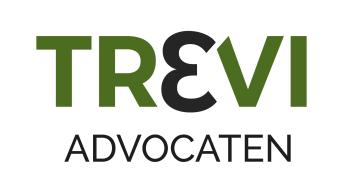
Employment contracts
Employment contracts set out the agreement between a company and an employee. Contractual obligations are governed by Dutch law. Although the finer details of contracts vary, there are certain things to look out for when negotiating or signing a work agreement. Different rules apply for temporary, fixed-term and zero-hour contracts, so always take the time to read up on your rights as an employee.
Temporary and Permanent Contracts
The first thing to be aware of when reviewing a contract is whether it is permanent or temporary. A temporary or fixed-term contract ends on a certain date, whereas a permanent contract is for an indefinite length of time. Keep in mind that if you have had three consecutive temporary contracts (or several temporary contracts for more than three years) you’re entitled to receive a permanent contract.
Zero-hour Contracts
Some employees in the Netherlands are hired on zero-hour contracts. This means that employees are only paid for the shifts that they are asked to work (i.e., when work is available). After six months of a zero-hour contract, employees are usually entitled to request a contract for the average number of hours they work. Find out more about the types of contracts offered in the Netherlands.
Things to Look out for When Signing a Contract
In general, all contracts include details of your wages, working hours, allowances, and overtime pay. They will also include information about Collective Labour Agreements (CAO) if they apply to you.
Trial period
Contracts sometimes state a probation period of one month (for contracts of six months to two years) and a maximum of two months for permanent contracts.
Notice period
The statutory notice period that employers must give employees is one month, however, the contract may state a different amount of time. If the employee’s notice period is longer than one month, the employer’s notice period must be twice as long.
Non-competition clause
Non-competition clauses prevent employees from working for a competitor or starting a similar business after resigning. They’re only allowed in permanent contracts and must not limit employees unreasonably.
Holidays and leave
Employees are entitled to paid holidays equating to four times the number of hours they work per week, and some companies offer more. You need to submit a request to your employer to take days off. They’re required to grant this request unless there are compelling business reasons to refuse this time. In that case, they need to offer an alternative.
Employment Conditions
Dutch laws and regulations specify a minimum wage, dismissal procedures, anti-discrimination rules, and other matters that protect the rights of employees. Read our article on employment conditions [link] for more information and where to find agencies who can help.
If you have questions or concerns regarding your employment contract, you can always seek independent legal advice. Find more information on working in the Netherlands, the different regulations that apply to freelance work, and what it’s like to work in The Hague region.




